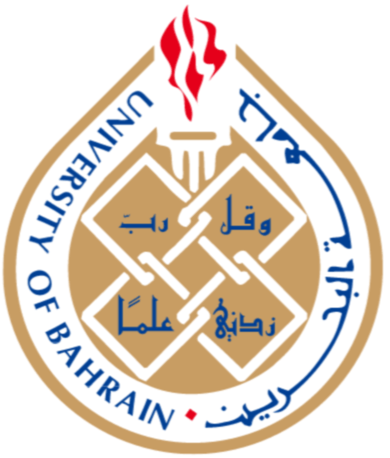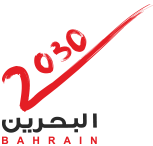NEWS
Dr. Fay Bint Abdullah: Legislation and Increased Investment Are Essential for E-Learning Sustainability
During Her Participation in the 18th Meeting of GCC E-Learning Officials
Dr. Fay Bint Abdullah: Legislation and Increased Investment Are Essential for E-Learning Sustainability
Dr. Sheikha Fay bint Abdulla Al Khalifa, Director of the e-Learning Center at the University of Bahrain, emphasized the critical need for establishing supportive policies and legislation while increasing investment in e-learning. Speaking at the eighteenth meeting of GCC e-learning officials on June 6, 2021, she stated: “We must strategically manage the transition to e-learning by planning for its future, ensuring equal access, and implementing quality standards.”
Representing Bahrain at the virtual gathering of university and higher education officials from Gulf Cooperation Council countries, Dr. Al Khalifa participated in a panel discussion where she presented her paper “Leading E-Learning after COVID-19: Roles and Responsibilities.”
In her presentation, Dr. Al Khalifa analyzed major e-learning developments during the pandemic, stressing that educational technology should support comprehensive learning approaches rather than being limited to distance education. She highlighted the need for: developing robust policy frameworks for e-learning, increasing financial investment in digital education, and continuously adapting teaching and learning roles to technological advancements.
Discussing 2021 educational technology trends, Dr. Al Khalifa noted growing adoption of: augmented and virtual reality tools, simulation programs, enhanced network infrastructure, innovative remote examination methods, and advanced learning management systems.
She also observed the significant increase in virtual conferences and forums using sophisticated video platforms.
The seminar, hosted by Princess Nora bint Abdulrahman University in Saudi Arabia, brought together experts who unanimously agreed on the necessity of establishing permanent regulatory frameworks for e-learning post-pandemic. Participants warned against regression and identified key priorities such as: developing comprehensive e-learning policies, improving practical training methods, and ensuring reliable internet access for all educational stakeholders.
The discussion was joined by : Dr. Bandar Abdulwahab Al-Amer (Advisor to the National Center for E-Learning KSA), Dr. Mohamed Baniyas (Advisor to the Minister of Higher Education and Director of the Academic Accreditation Commission UAE), Dr. Etimad Abdulrahman Al-Kandari (Director of E-Learning Center at Kuwait University), Salim bin Jaber Al-Waili (Deputy Director of the Center for Education Technologies and Educational Development at Sultan Qaboos University), and Prof. Somaya Ali Al-Ma’adeed (Professor in the Department of Computer Science and Engineering at Qatar University). The session was moderated by Prof. Afnan Al-Obaid from Princess Nourah bint Abdulrahman University.












